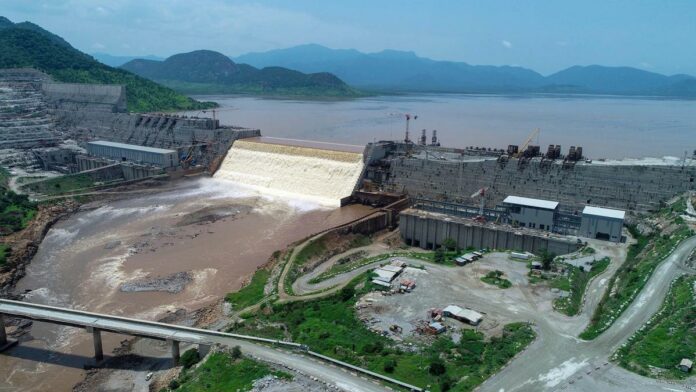The Renaissance Dam is still one of the issues of great concern for Egypt, Sudan, and Ethiopia and the regional public opinion of the Nile Basin. In April 2021, the negotiations on reaching reasonable and acceptable solutions held in the capital of the Democratic Republic of the Congo, Kinshasa, were declared a failure. The negotiation failed due to the Ethiopian intransigence and its way of dealing with the talks; its insistence on filling the dam contrary to the Egyptian and Sudanese desire. This will have adverse effects on the historical water quotas for both countries since they are two downstream states and not two source states, as in Ethiopia.
Despite the existence of agreements signed in the past regarding the established rights of Egypt and Sudan, as is the case in the agreements of 1902, 1906, 1929, and 1959, Ethiopia quickly announced its rejection of these agreements under the pretext that it did not have sovereignty and independence from the country that colonized it; Thus, it did not have the right to accept nor reject. Instead, the colonizer is the one who made the choice. Accordingly, it disclaims it and does not bound by it. Ethiopia demands the fair and equitable use of the shared water resources in the waters of the Nile River. This matter is crucial for the two downstream states, Egypt and Sudan, as this means for them transgressing their historical rights, which from their point of view are a matter of national security.










